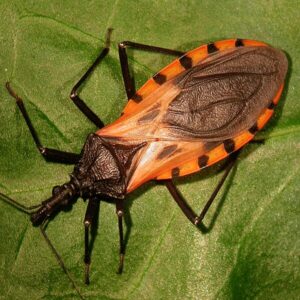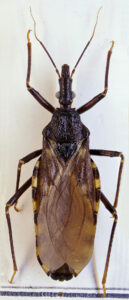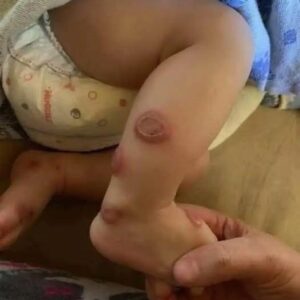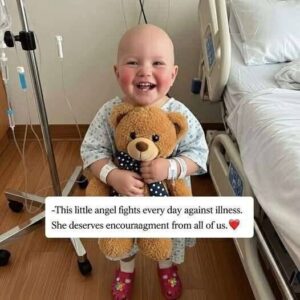Emiliana Rodríguez still remembers the fear she felt as a child in Bolivia after witnessing a friend collapse during a nighttime soccer game—an early encounter with Chagas disease, a “silent killer” spread by nocturnal insects called kissing bugs. Now living in Spain, Rodríguez, a carrier herself, recalls sleepless nights haunted by the possibility of sudden death.

Chagas affects up to 8 million people worldwide—primarily in Latin America—but also in the U.S., Europe, and beyond. Transmitted by the parasite Trypanosoma cruzi, it’s often undiagnosed, earning its title as a neglected tropical disease. Only 10% of cases are detected globally, and untreated infections can lead to severe cardiac and gastrointestinal complications, sometimes decades later.

Young Idalia Hernández in Mexico learned she was infected only when donating blood. Her mother, Elvira, struggled to find treatment due to doctors’ lack of knowledge—a problem echoed across affected regions.
Despite being curable in early stages, existing treatments are outdated, toxic, and ineffective for many adults. Still, survivors like Rodríguez and advocates like Elvira are pushing for awareness, testing, and better treatments.

On April 14, World Chagas Disease Day honors those affected and urges action. “I’m fed up with the silence,” Rodríguez says. “People need to know. People need to get tested.”





